It takes four kilograms of milk to make just one kilogram of Greek yogurt. That means a lot of good stuff is being wasted. But George Chen from the University of Melbourne thinks he can harvest this to make baby formula, energy bars, drinks and desserts.
When Greek yogurt is produced, a large amount of a runny liquid called acidic whey is left over. In Australia, more than one hundred million litres of acidic whey is generated annually, a figure that is more than eight times higher in the United States.
Acid whey is rich in protein, lactose, vitamins and minerals. But because of the way that Greek yogurt is manufactured, it is also high in lactic acid. This makes the normally dry powder quite sticky after processing, and the nasty taste associated with it prevents acid whey from being used in other products.
So until now, this acidic whey was only used for animal feed. But George and his colleagues have found a way to separate the different components of the whey, picking out the good bits (and leaving behind the unwanted lactic acid) to be used to make ingredients for other products, such as baby formula.
An electrically-driven membrane process removes the lactic acid from the whey. Proteins and lactose can then be extracted for use.
The new technique provides a way for dairy manufacturers to recycle the vast amount of waste produced, as well as being a commercial opportunity to maximise returns.
George presented his research at Fresh Science, a national program that helps early-career researchers find and share their stories of discovery. Fresh Science is in its 19th year and has kick-started the science communications skills of over 400 Australian scientists. In 2016, Fresh Science ran in every mainland state, with over 100 early-career researchers nominating for Fresh Science in Melbourne, Brisbane, Perth, Adelaide and Sydney.
In 2016, Fresh Science Victoria partnerd with Museum Victoria, CSIRO, Deakin University, Monash University, RMIT University, Swinburne University of Technology, the University of Melbourne and New Scientist.
Contact: George Chen, Australian Research Council Dairy Innovation Hub, the University of Melbourne 0424 054 348, gechen@unimelb.edu.au
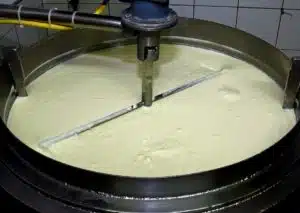
Turning waste from yoghurt production into food.

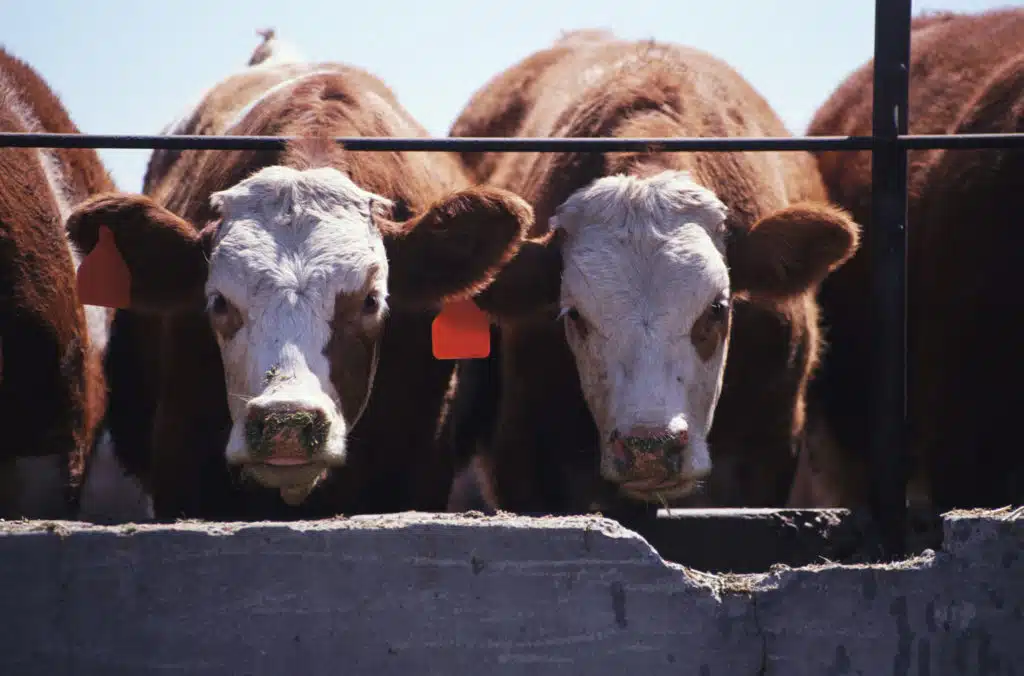
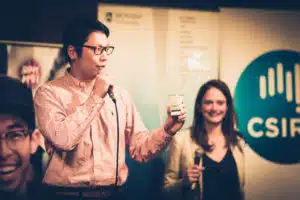
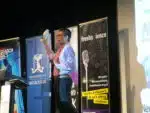
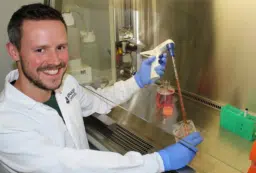
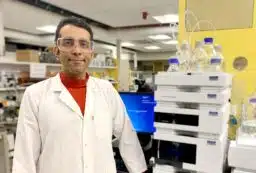
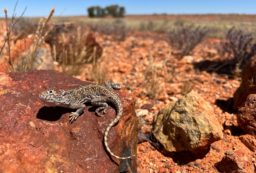
 Fresh Science is on hold for 2022. We will be back in 2023.
Fresh Science is on hold for 2022. We will be back in 2023.